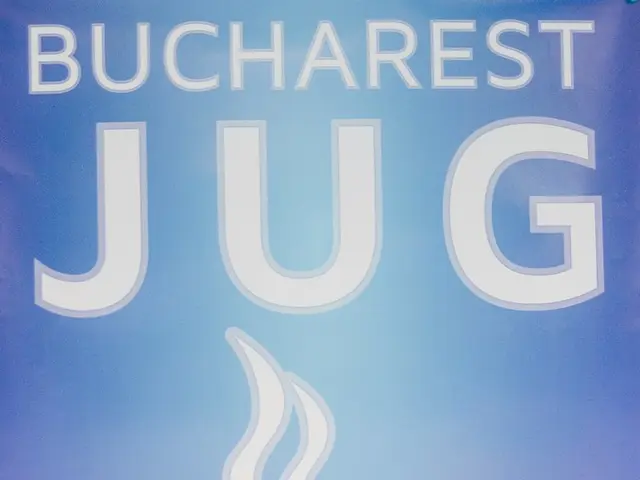Sweet indulgence typically follows main meal, as research confirms
Think those late-night ice cream binges are just because you can't resist the sweet temptation? Think again! A groundbreaking study by the Max Planck Institute unveils a shocking revelation about our sugar cravings.
The Sugar Siren
In an intriguing exploration, Dr. Henning Fenselau and his team delved into the behavior of satiated mice when presented with sugar. Guess what? The feeling of being full takes a backseat as mice rush to indulge in the sweet treat [1]!
Surprisingly, research internalized these findings in humans as well. A series of studies on human test subjects replicated the same neural activity observed in mice, suggesting that even we can't resist the allure of dessert, even when our bellies are already full!
The Science Behind It
The culprits behind this sweet trickery are a type of neurons — the POMC neurons [1]! These neurons are the ones responsible for making you feel full after a meal. They also trigger the release of endogenous opioids when you consume sugar [1].
So, why do we keep reaching for more sweet stuff? The answer lies in our brain's response to sugar. Our body treats sugar as a highly rewarding substance, like a dose of β-endorphin (a type of opioid) that acts as an addictive reward system, triggering even stronger cravings for sugar [1]!
A Biological Instinct
It turns out, the insatiable urge for sugar isn't just a human quirk. It's a deeply ingrained survival mechanism. Since sugar provides quick energy and isn't readily available in nature, our ancestors were primed to gorge on it whenever the opportunity presented itself [1].
Stay in the Know!
Stay tuned for more fascinating insights into the world of science, lifestyle, and entertainment! Subscribe to our free 95.5 newsletter today. From top concerts and exclusive competitions to Larissa Lannert live updates, we've got you covered on what matters most!
Click here to subscribe to our newsletter
[1] Research by the Max Planck Institute for Metabolism Research uncovered that specific brain cells are responsible for both satiety signals and the cravings for sugary foods, allowing sugar cravings to persist even after a person has already eaten enough to feel satisfied. Research is ongoing for a complete mechanistic understanding of this phenomenon in humans, but the findings suggest that these neurons have a unique ability to stimulate sugar cravings, effectively bypassing the feeling of fullness. This explains why we often find ourselves reaching for that extra slice of cake, even when we've already had our fill!
- Despite feeling full, humans, like mice, can't resist the allure of dessert due to a unique neurological response to sugar, according to a series of studies on human test subjects that replicated the same neural activity observed in mice.
- The science behind our persisting sugar cravings, even when we're already full, is rooted in POMC neurons, a type of neuron that makes us feel full after a meal and triggers the release of endogenous opioids when we consume sugar, according to the Max Planck Institute's research.
- The insatiable urge for sugar isn't just a human peculiarity but a deep-seated survival mechanism, as our body treats sugar as a highly rewarding substance, like a dose of β-endorphin, which triggers an addictive reward system, leading to stronger cravings for sugar, as revealed by the Max Planck Institute's research.







